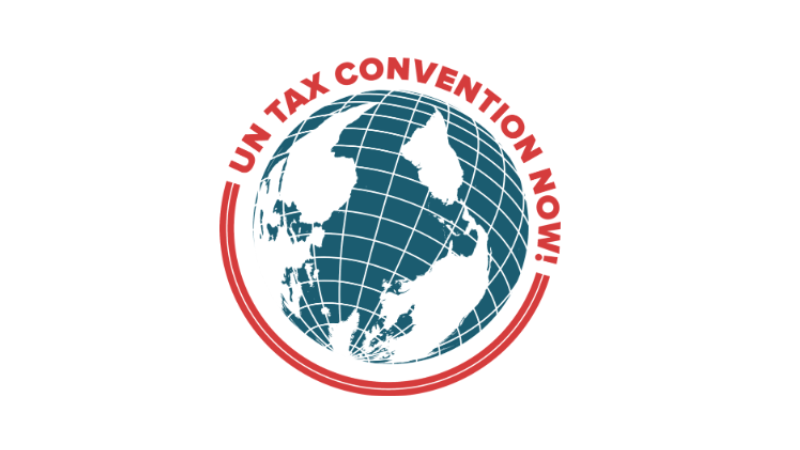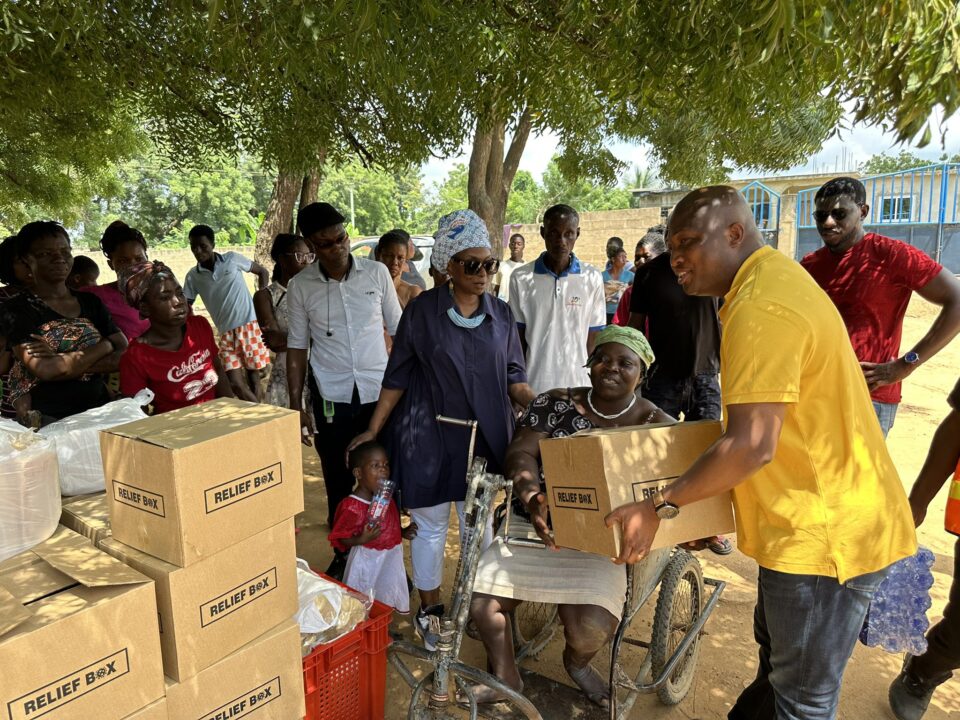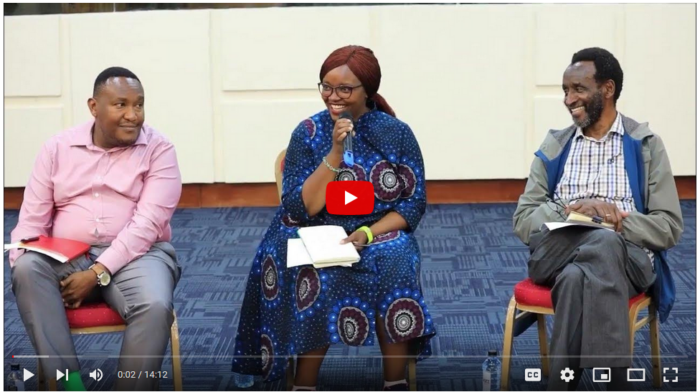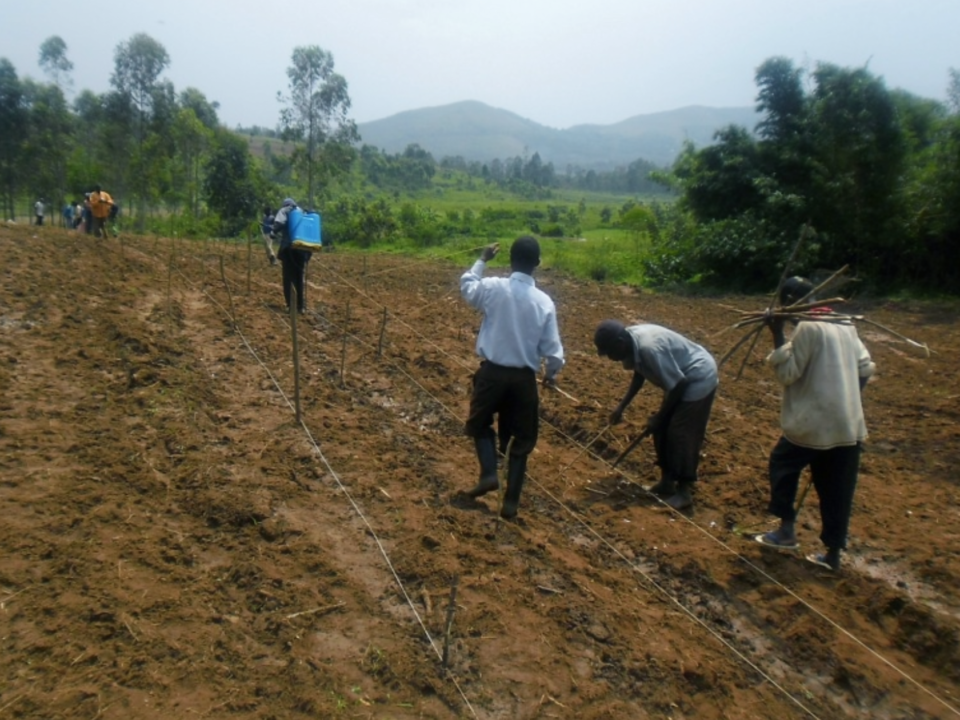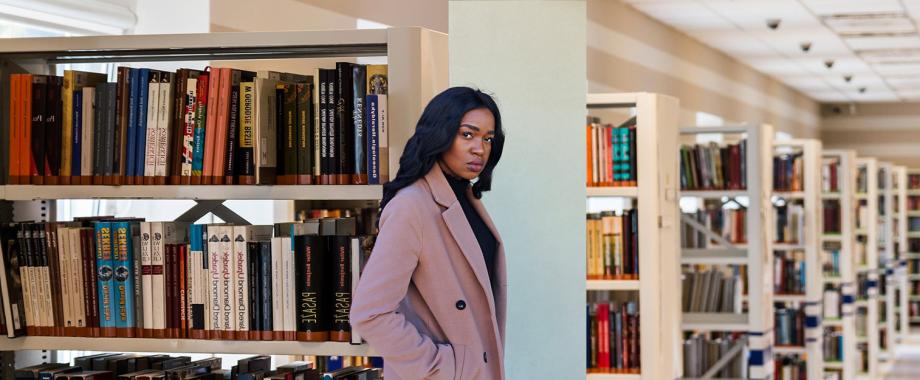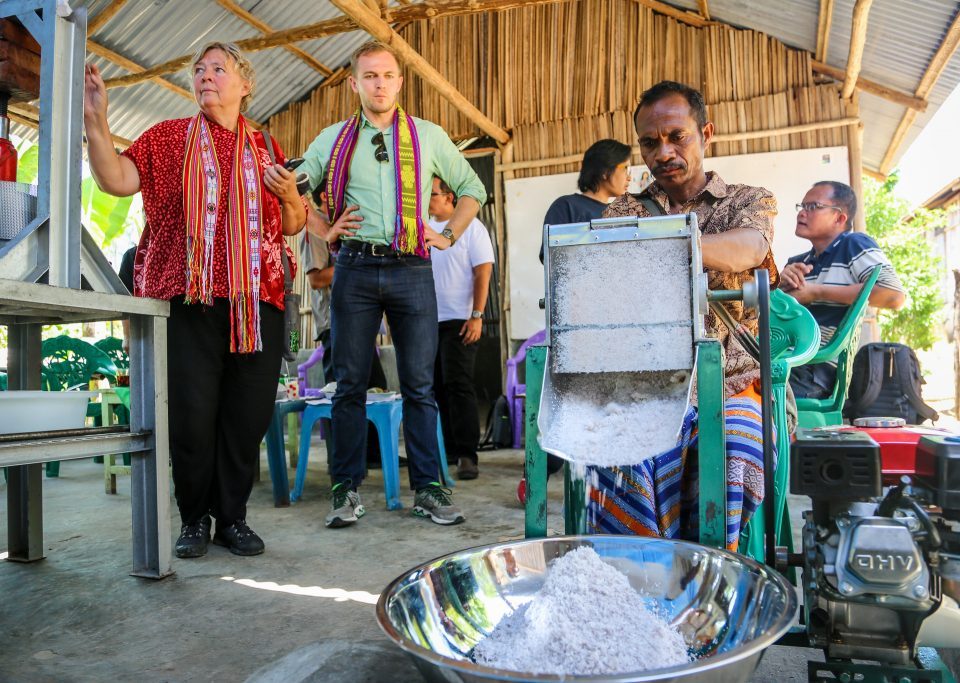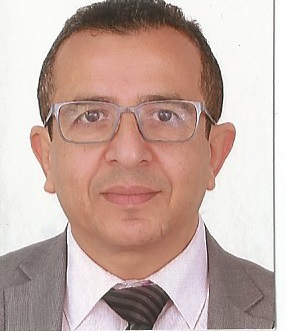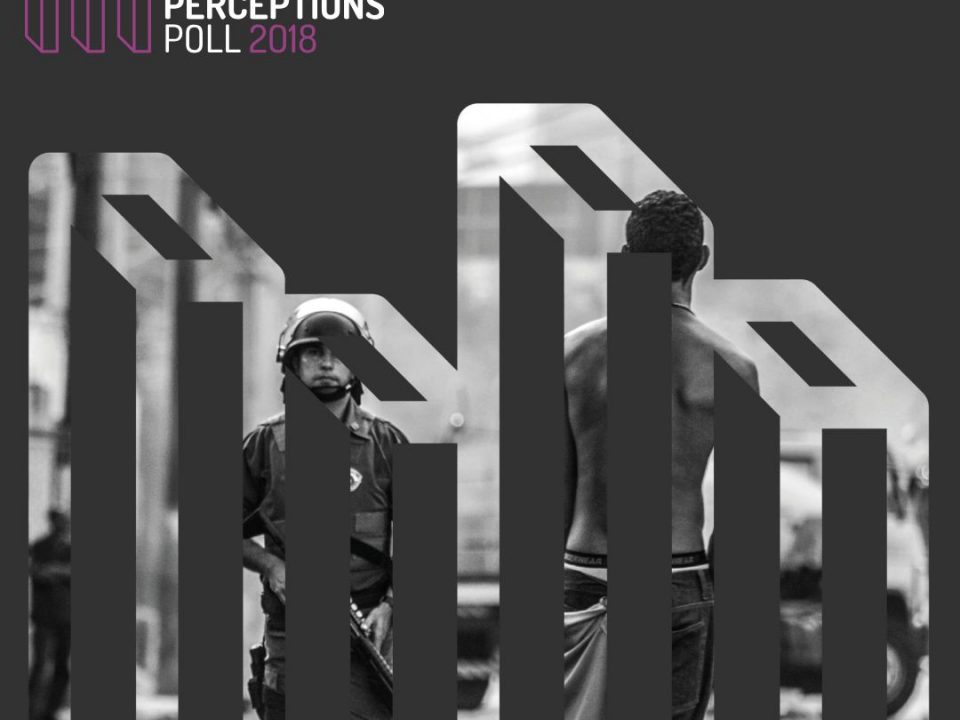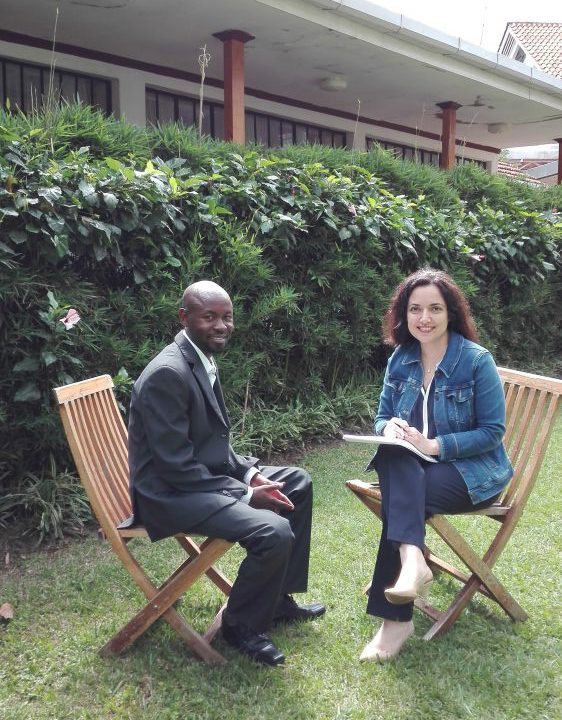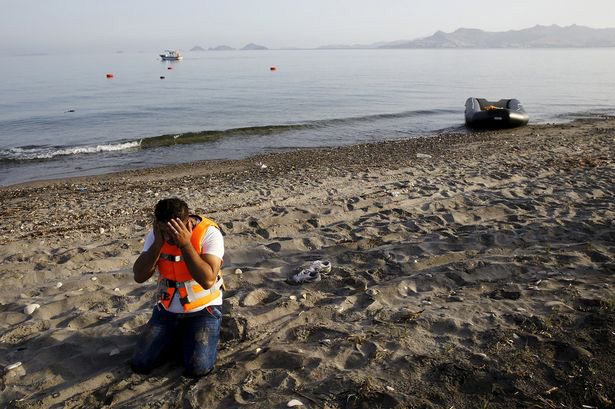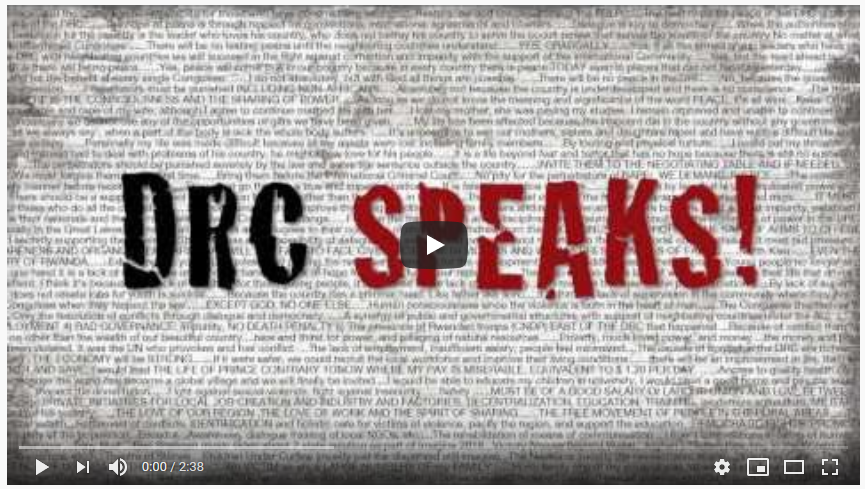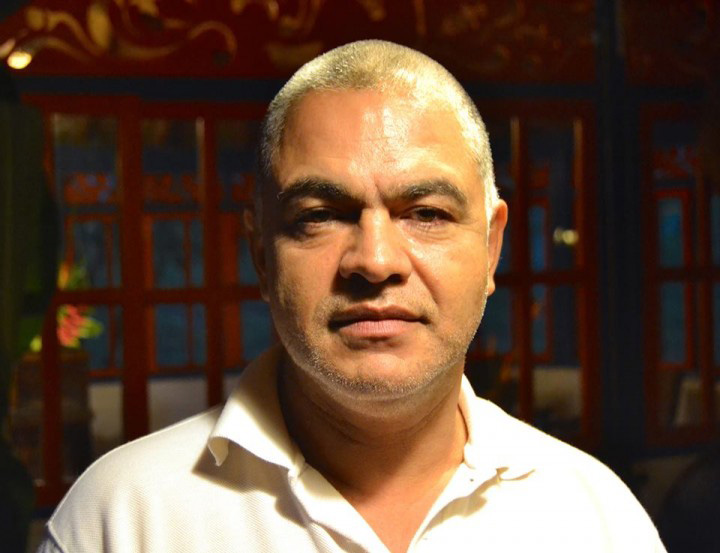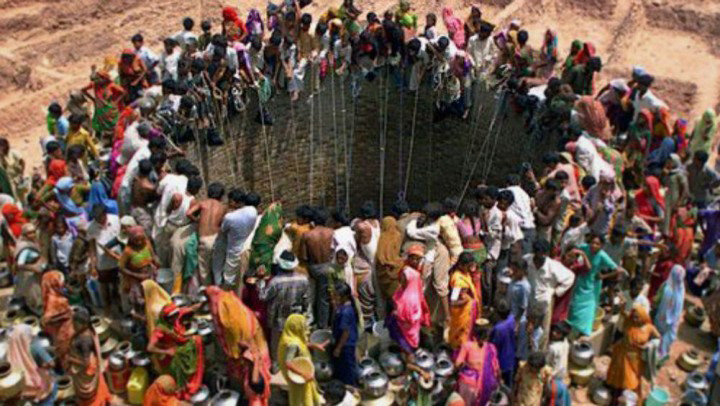development
- Filter by
- Categories
- Tags
- Authors
- Show all
- All
- academia
- accountability
- adaptation
- afghanistan
- aid
- aid effectiveness
- architecture
- Argentina
- asylum-seeker
- budget
- bureaucracy
- business
- capacity sharing
- child protection
- children's rights
- citizen engagement
- citizen participation
- citizen voice
- climate c
- climate change
- colombia
- community
- community development
- comparative development
- conflict
- cooperation
- COP21
- COP26
- corporations
- Covid-19
- data
- decision-making
- decolonisation
- Democratic Republic of Congo
- developing countries
- development
- development co-operation
- development effectiveness
- development finance
- dialogue
- disaster preparedness
- disaster response
- domestic resource mobilisation
- donors
- DRC
- economic empowerment
- emergency preparedness
- employment
- entrepreneurship
- equality
- espanol
- EU
- evaluation
- feedback loops
- feminism
- français
- gender
- gender equality
- gender-based violence
- global development
- gpedc
- grand bargain
- Haiti
- health
- homeless
- housing
- human rights
- humanitarian aid
- humanitarian effectiveness
- ICT4D
- inclusion
- indirect cost recovery
- inequality
- information
- INGOs
- innovation
- integration
- international cooperation
- international humanitarian law
- jobs
- Kenya
- knowledge
- language
- least
- least developed countries
- LGBTI
- local aid workers
- local development
- local NGOs
- localisation
- men
- mental health
- mexico
- migrants
- migration
- mining
- minorities
- mirps
- multinationals
- natural disasters
- negotiations
- NGOs
- Nigeria
- Northern
- ODA
- OECD
- ownership
- Pacific
- participation
- participatory methods
- partnerships
- peace
- perceptions
- perceptual data
- perspectives
- philanthropy
- Philippines
- policy
- policymaking
- politics
- poverty
- power
- protection
- racism
- RDC
- refugees
- representation
- Republique Democratique du Congo
- resilience
- responsiveness
- rights
- sexual abuse
- sexual harassment
- social accountability
- social justice
- solidarity
- South-South cooperation
- Southern
- southern voices
- statistics
- sustainable development
- sustainable tourism
- Syria
- Tanzania
- tax
- time
- transparency
- Uganda
- Ukraine
- UN
- united nations
- Vietnam
- water and sanitation
- women
- women's rights
- world food day
- world humanitarian summit
- youth
January 22, 2024
Published by Farida Tchaitchian Bena at January 22, 2024
Categories
A few months ago, I interviewed Abdul Muheet Chowdhary from the South Centre to discuss the ongoing negotiations on a landmark United Nations tax agreement that […]
November 13, 2023
Published by Farida Tchaitchian Bena at November 13, 2023
Categories
Vitalice Meja (or simply Meja, as he likes to be called) is the Executive Director of Reality of Aid Africa, a pan-African civil society initiative to […]
August 7, 2023
Published by Farida Tchaitchian Bena at August 7, 2023
Categories
Civil society estimates that every year, USD 312 billion are lost in unpaid corporate taxes around the world. By using legal loopholes, many companies avoid paying their dues – often to Southern countries that host their operations and provide cheap labour. This happens because the governments of those countries are unable to enforce their fiscal policies, and there is still no global tax agreement to protect their interests.
But something is about to change...
June 30, 2023
Published by Farida Tchaitchian Bena at June 30, 2023
Categories
A first for this blog, here is the video recording of a panel discussion held at the Nairobi chapter of the Imperial College Business School last September. Three Kenyan experts discuss development and international cooperation in their own country: Ezra Mbogori, Executive Director of the Akiba Uhaki Foundation and Fellow at Harvard University and the Kellogg International Leadership Program; G.K. Ndungu, economist and public policy specialist; and the moderator Wairu Kinyori-Gugu, former Programme Director at Oxfam Kenya, consultant and Kiliza author.
February 28, 2023
Published by Farida Tchaitchian Bena at February 28, 2023
Categories
Voici la deuxième partie de ma conversation avec mon ancien collègue et ami Dieudonné Cirhigiri. Il partage son point de vue sur l’état de la coopération internationale en RD Congo, appelle de toute urgence à une meilleure coordination humanitaire au niveau national, et discute des options pour amplifier les voix locales et mieux aborder le changement climatique.
February 28, 2023
Published by Farida Tchaitchian Bena at February 28, 2023
Categories
Here is the second part of my conversation with my friend and former colleague Dieudonné Cirhigiri. He shares his views on the state of international cooperation in the Democratic Republic of Congo (DRC), urgently calls for higher humanitarian coordination at the national level, and discusses options to amplify local voices and better address climate change.
November 3, 2022
Published by Farida Tchaitchian Bena at November 3, 2022
Categories
Après une longue pause, je reprends mon blog en interviewant l’une des personnes les plus inspirantes que je connaisse : Dieudonné Cirhigiri, un professionnel chevronné de l’aide humanitaire et du développement de la République démocratique du Congo (RDC).
November 3, 2022
Published by Farida Tchaitchian Bena at November 3, 2022
Categories
After a long hiatus, I resume my blogging by interviewing one of the most inspiring people I know: Dieudonné Cirhigiri, a seasoned humanitarian and development professional from the Democratic Republic of Congo (DRC).
March 11, 2021
Published by Farida Tchaitchian Bena at March 11, 2021
Categories
A few months ago, I wrote about how the international aid and development sector was addressing the double challenge of Covid-19 and mounting accusations of racism following the rise of the Black Lives Matter movement in the US. I recommended levelling the playing field between Northern and Southern academia to counteract the widespread belief that ‘developed’ nations know what is best for ‘developing’ countries. In particular, establishing joint Northern and Southern degrees in comparative development would in my view be a major step forward to ‘decolonise’ development knowledge and lay the ground for more equitable solidarity. [More...]
October 7, 2020
Published by Wairu Kinyori at October 7, 2020
Categories
KILIZA turns five! I cannot think of a better way to mark this moment than to publish an article by a former colleague I particularly admire, Wairu Kinyori. Based in Nairobi, Wairu talks about one of the most challenging choices she’s had to make in her life: taking a break from her highly successful career to raise her children. The freedom to choose this path is for Wairu a more authentic expression of feminism than trying to have it all, all the time.
October 26, 2019
Published by Farida Tchaitchian Bena at October 26, 2019
Categories
Having worked on global development issues for over two decades, I should know who is an expert in my sector by now. I have many lists of experts on file and can’t help noticing a recurring trend: it’s usually people from a Northern/Western background, with endless degrees and credentials, most of them English-speaking. All of which begs the question: are these traits supposed to be the qualifications of the ultimate expert in my field? What if there’s a whole world of ‘expertise’ that we simply don’t consider?
July 17, 2019
Published by Farida Tchaitchian Bena at July 17, 2019
Categories
The recent influx of refugees and migrants to Europe has brought to light the complexity of migration and how it is often linked to the development of the countries these people are escaping from. I discuss these issues with a former colleague of mine, Anas El Hasnaoui, who represents the Arab NGO Network for Development. Anas talks about the linkages between migration and development, particularly in his region, North Africa.
March 3, 2019
Published by Farida Tchaitchian Bena at March 3, 2019
Categories
By this time of the year, wishing world peace may sound naïve and out of place. But for many people living in conflict zones, believing that peace is possible is surprisingly common. Inversely, it is often in more peaceful countries that we find the least optimistic people. This is what transpires from the first-ever Peace Perceptions Poll (2018), an initiative led by the NGO International Alert and the British Council in partnership with polling agency RIWI.
November 9, 2017
Published by Farida Tchaitchian Bena at November 9, 2017
Categories
When we advocate human rights broadly, it is easy to rally support around them. Who doesn’t want to be a defender of freedom or protection? However, advocacy becomes a lot more challenging when we single out specific groups of people whose rights are under threat on a daily basis. We still periodically need to remind ourselves and others that ‘women’s rights are human rights’, for example. And not everybody who supports human rights in general is ready to stand by the rights of other gender-based groups, such as gender and sexual minorities, otherwise known as LGBTI (lesbian, gay, bisexual, transgender and intersex) people.
May 18, 2017
Published by Farida Tchaitchian Bena at May 18, 2017
Categories
Strengthening a developing country’s finances by increasing its tax revenues, rather than depending exclusively on aid, is widely seen as the way forward in the development community. Yet, few people actually know first-hand what it takes to generate support for increasing tax revenues in a developing country – particularly at community level...
April 27, 2016
Published by Clinton Robinson at April 27, 2016
Categories
My second guest post is by Clinton Robinson, an education expert who has managed to capture an underlying dilemma for the development community in just a few amazing paragraphs. What assumptions do we make when we label countries as ‘developed’ or ‘developing’? Does it make sense to do so in today’s world? Should we just talk about people living in poverty anywhere? After reading his piece I hope you, too, will start questioning the standard language we use to describe how we ‘help’ other communities.
March 30, 2016
Published by Farida Tchaitchian Bena at March 30, 2016
Categories
Ever since I started working in development I have been struck by how little we talk about its linkages with migration. Most NGOs specialise in either/or. Very few of them have the courage or the capacity to address migration and development together despite the fact that these issues are often two sides of the same coin.
If anything, the growing influx of migrants and refugees into Europe has forced us to start making that link in earnest. Never before have so many people been forced to flee their homes, nearly sixty million worldwide – the equivalent size of Italy’s population.
March 2, 2016
Published by Farida Tchaitchian Bena at March 2, 2016
Categories
International Women’s Day, 8 March, is fast approaching and surely the news will shower us with all kinds of statistics on women’s progress or lack thereof […]
January 12, 2016
Published by Farida Tchaitchian Bena at January 12, 2016
Categories
First few days into the new year and already my shopping list of resolutions has shrunk to a couple. Besides my eternal plan to exercise more, […]
December 19, 2015
Published by Farida Tchaitchian Bena at December 19, 2015
Categories
Big sighs of relief about the climate change agreement reached in Paris last week. While it is far from perfect, many experts see it […]

